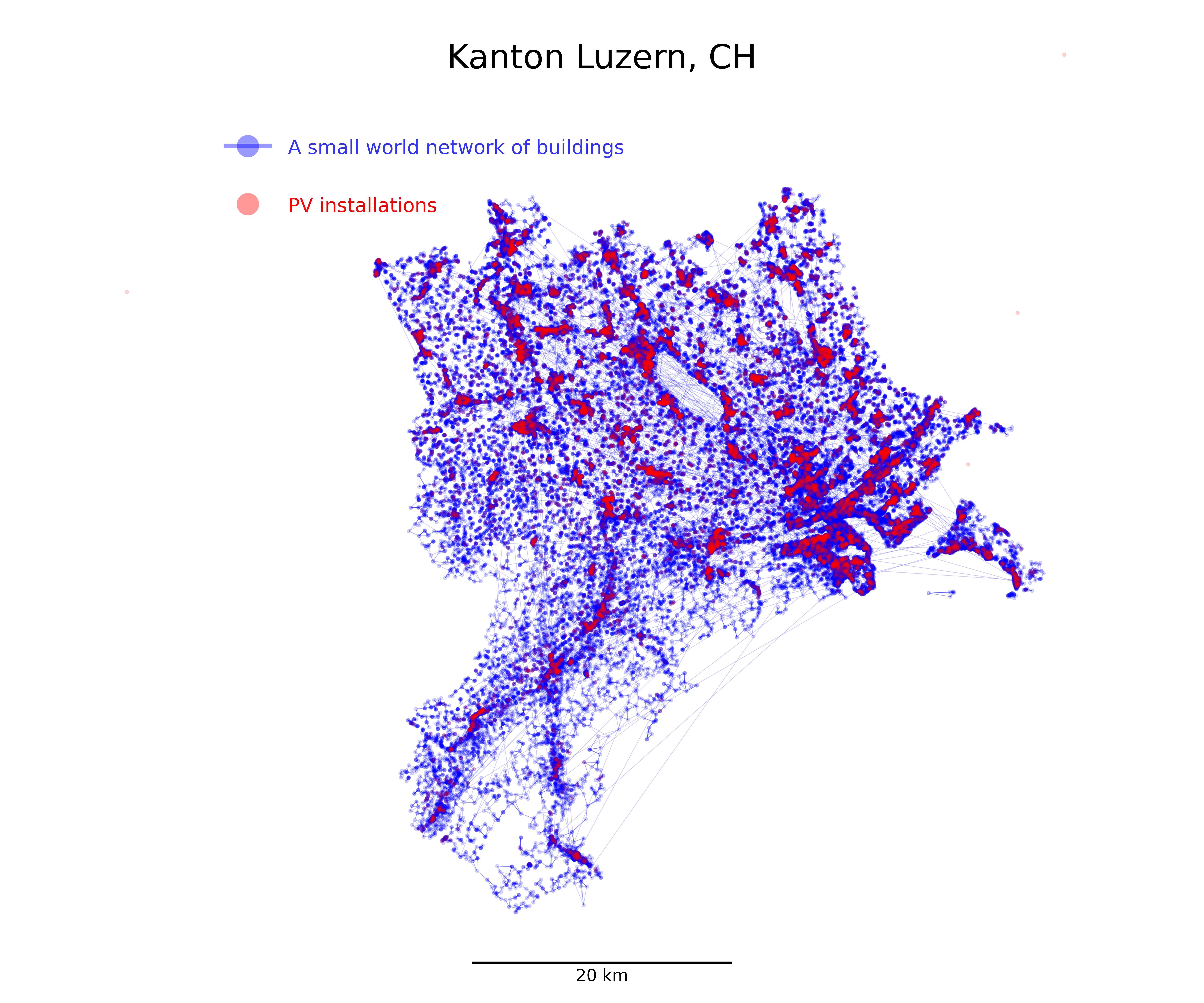Opinion formation and exchange in societal networks: Towards a carbon-negative future
Transitioning our societies to a carbon-negative future depends not only on the availability of suitable energy technologies but crucially on their widespread acceptance and adoption. Individual decisions about embracing new technologies are shaped by personal deliberation as well as by opinions exchanged through multiple peer networks and digital spaces, leading to complex and emergent behaviour in societal preferences.
Modeling these dynamics presents significant challenges. Decision-making involves navigating an intricate mental space, balancing various considerations such as cost, convenience, and social approval. Additionally, interactions within societal networks often exhibit non-linear effects, where small shifts in opinions can lead to substantial societal transformations.
Our research focuses on developing integrated models of opinion formation and exchange, drawing insights from fields such as bounded rationality and learning in multi-agent systems. These approachable yet comprehensive models aim to understand emergent behaviour resulting from spatio-temporally varying influences and heterogeneities among individual agents. Moreover, by incorporating data-driven methodologies, the goal is to produce reliable predictions that can inform and optimize policy-making, ultimately guiding us towards achieving a carbon-negative future.


This research is related to the project Human-energy-material nexus of a carbon-binding society (HARMONY) which sets out to model and evaluate the systemic integration, scaling and optimization of mining the atmosphere options. It looks at possible scales of carbon removal within planetary boundaries, as well as analyse feedback loops within energy, material, and societal systems.
HARMONY is a project related to Mining the Atmosphere, a long-term research initiative at Empa which aims to develop materials and processes that foster the transition from a CO2-emitting to a CO2-binding society.
